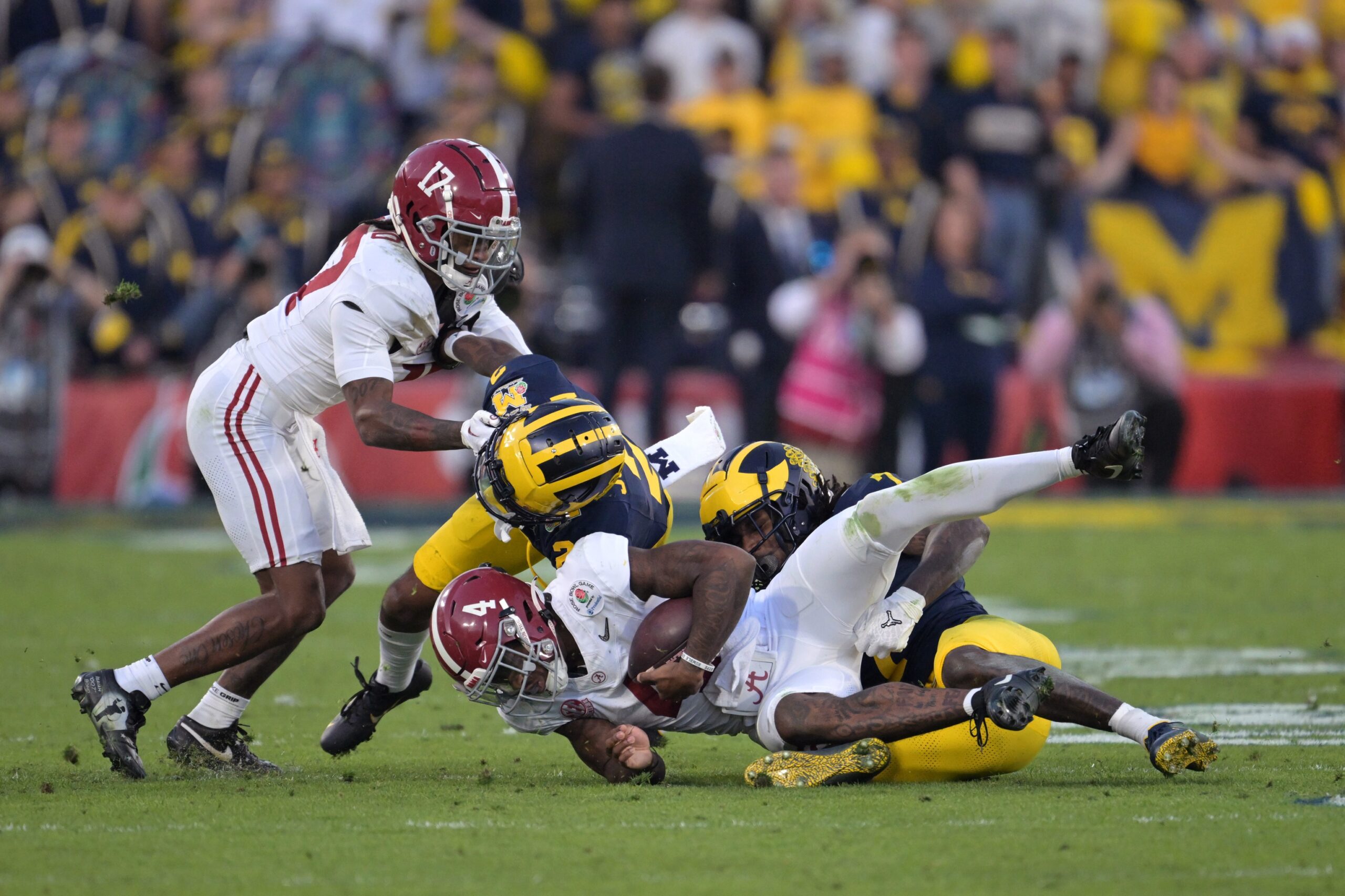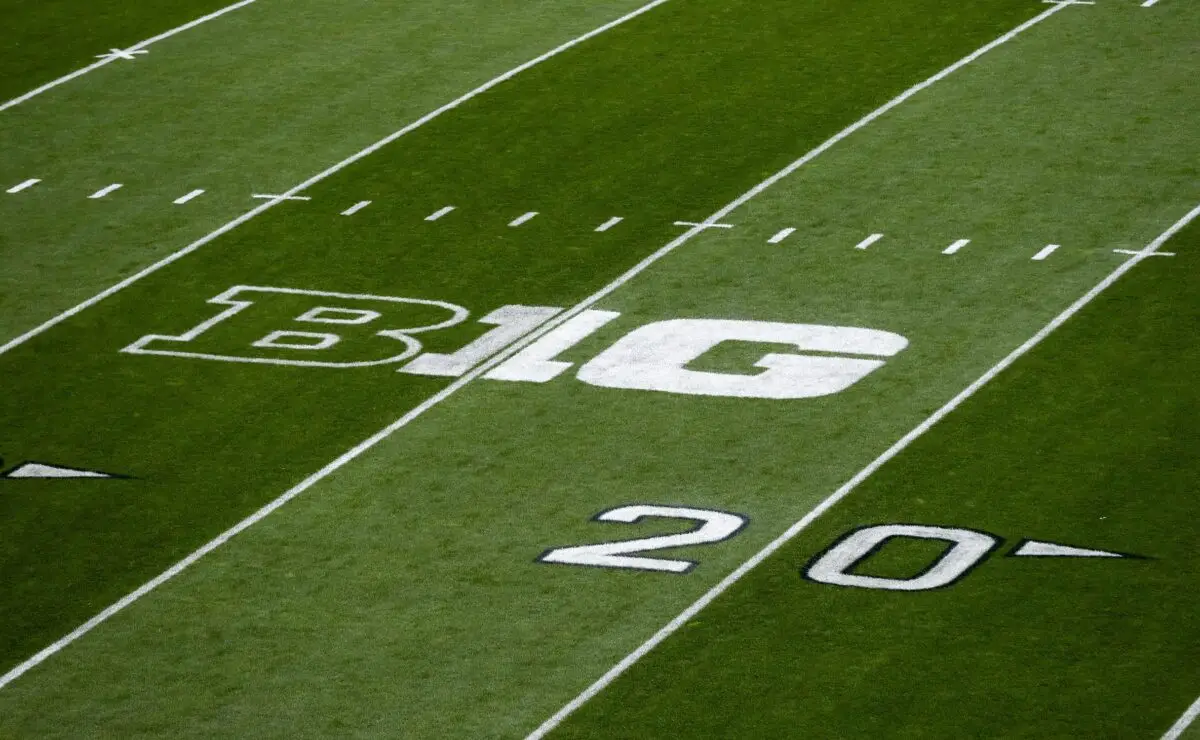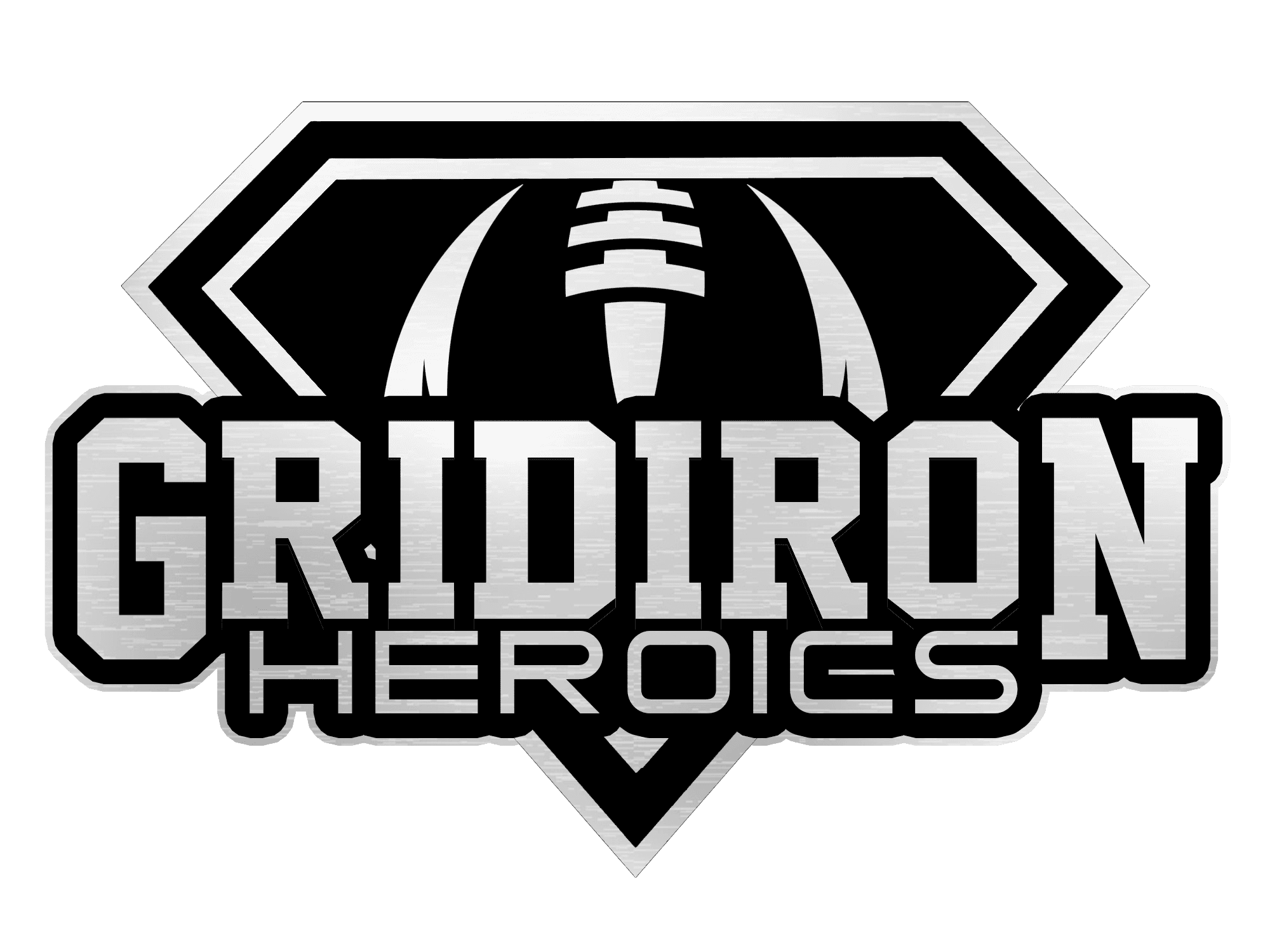College football is currently at a crossroads. On one side, the sport is transitioning into a new era of player empowerment, allowing student-athletes to earn compensation through their name, image, and likeness (NIL) and gain financial value from their schools. Conversely, as college football moves towards a more professional model, a heated debate is underway about whether players should be classified as employees. This question could have far-reaching implications.
On Thursday, the “Protecting Student Athletes’ Economic Freedom Act,” a Republican-backed bill, earned a 23-16 vote by constituents of the House Committee on Education and the Work Force, advancing the decree to potentially the United States Congress. The bill, if passed, would exempt college football athletes from being labeled employees.
College Football Eyeing Exception for Student-Athletes Being Deemed Employees

With Thursday’s landmark vote, college football is getting closer to having a ruling about the future of student-athletes’ potential being, or not being, labeled as employees. The bill is now in the hands of House Speaker Mike Johnson and company, with the potential for leadership to push it to a debate and vote with the House of Representatives. Although it earned approval by a Republican-heavy House Committee on Education and the Work Force, it has gained criticism from Democrats, especially those vocal towards pro-unionization. If the bill passes through the House of Representatives, it will head to a Democratic-heavy Senate.
The House Ed & Work Force Committee has voted to advance a Republican-backed bill that exempts college athletes from employment.
The legislation is now one step away from a vote on the floor of the US House of Representatives.
More details from the Hill https://t.co/9dPROFQaaR
— Ross Dellenger (@RossDellenger) June 13, 2024
However, with the 2024 election looming, college football could be at the mercy of the American people. A flip in the Senate could drastically improve the chances of the “Protecting Student Athletes’ Economic Freedom Act” becoming a part of the legislation. However, the remainder of the year could render the bill absolute, with the Johnson case (former Villanova football player Trey Johnson and other past student-athletes arguing that student-athletes should be considered employees and earn pay for their time given to athletics) and two complaints filed with the National Labor Relations Board seeking student-athletes the right to unionize looming.
Student-athletes, across all of athletics, gaining the title of employees could drastically reduce the amount of sports offered at universities. Outside football and basketball, most universities lose money on sports, and only the top programs in the country operate outside the red. Republican Bob Good of Virginia, the driving force behind the “Protecting Student Athletes’ Economic Freedom Act,” spoke candidly about the proposition of college athletes becoming employees.
“Classification of student-athletes as employees will put at risk opportunities for thousands of participants across the country. It will be much more expensive to fund and maintain sports like soccer, track, wrestling, not to mention women’s sports,” said Good. If student-athletes become employees under the Fair Labor Standards Act (FLSA), paying every player minimum wage could devastate less profitable sports.
College Football: Additional Offseason Moves

The political discourse on labeling collegiate student-athletes remains, but college football is also undergoing more changes headed into the 2024 season. Alongside the house committee’s vote on Thursday, the Big 12 and Conference USA are eying naming-rights sponsorships with insurance giants Allstate and Globe Life. If the two conferences strike multi-million dollar deals with the tandem, the Big 12 could become “The Big Allstate Conference” while the C-USA transitions into “Globe Life Conference USA.”
Additionally, with the resolution of House v. the NCAA, universities will now be able to share revenue with their student-athletes in part of a $2.8 billion settlement. Student-athletes can now earn money from their schools on top of what they earn through NIL.
For More Football News:
For More Football News and to dive into the excitement, follow me on Twitter at @alec_musa. Let’s get the conversation rolling! I’m all ears for your thoughts and insights. You can also reach out to me via email at musaalec@gmail.com. To read more of our articles and keep up to date on the latest college and NFL news, click here!


